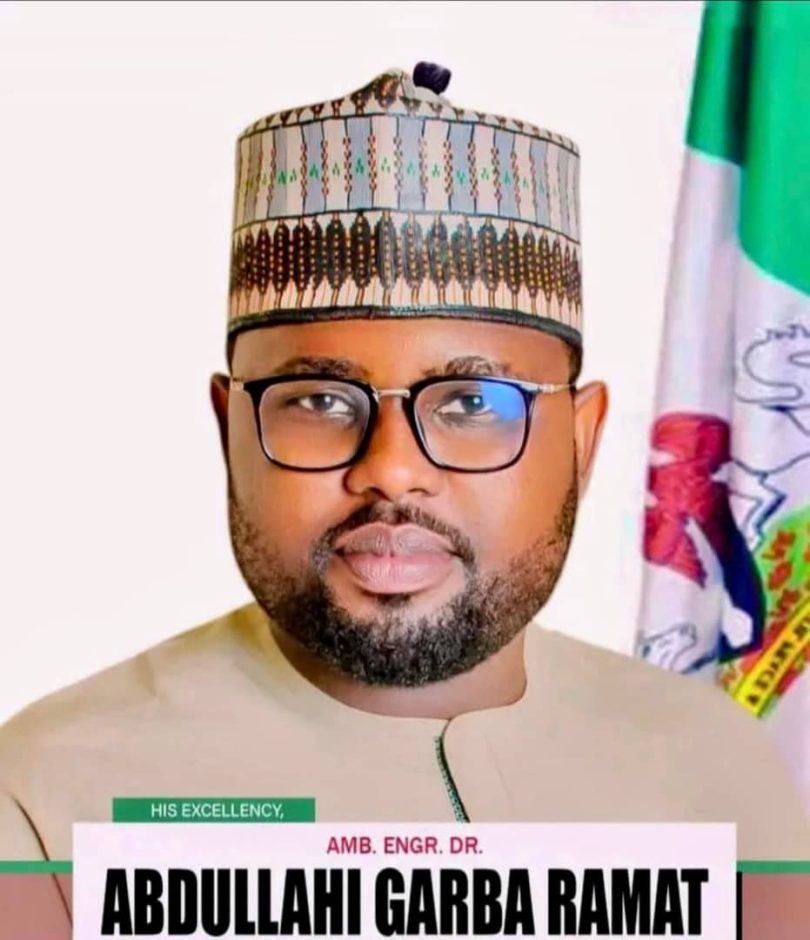In recent days, several comments have circulated about the Nigerian Electricity Regulatory Commission (NERC) and the nomination of Engr. Abdullahi Ramat Garba as its incoming Chairman. Some statements paint an unnecessarily gloomy picture of the sector and an oddly shallow understanding of his qualifications. Both deserve clarification.
One of the recurring claims is that Engr. Ramat is simply a former local government chairman. That description is often thrown around as if it covers his entire professional identity. It does not. Long before his public service journey, he was a trained and certified engineer with years of hands-on technical and administrative experience. His profile blends engineering discipline, institutional management and a solid grasp of public accountability. Reducing all of this to one political role is inaccurate.
Some critics argue that NERC has endured two decades of weak leadership. Anyone who has seriously followed the sector knows this is not accurate. NERC guided Nigeria from a government-controlled electricity system to a privatized market. It established tariff structures, licensing frameworks, customer protection rules and compliance mechanisms still in use today. These reforms required competence, not weakness.
Modern electricity regulation relies heavily on technology, automation, real-time data, digital complaint systems and market intelligence tools. This is where Engr. Ramat has a clear advantage.
One of the most overlooked aspects of his profile is his strong proficiency in Information Technology. This directly supports the type of leadership required in today’s electricity market. His IT-driven approach includes real-time digital monitoring of grid operations, automated regulatory workflows, improved customer service platforms, cybersecurity protections, smart metering reforms and predictive tools for early intervention. These are the same tools used by leading global regulators.
Some insist that the next Chairman must come from within the Commission. But internal experience alone does not guarantee innovation. Many countries deliberately bring in external leadership to encourage new thinking.
His recent interview on TVC also highlighted his temperament. He calmly distanced himself from protests at the National Assembly and stressed the need for the Senate to carry out its responsibilities without interference. His conduct reflects maturity and respect for institutions.
The current leadership’s tenure expires on 1 December 2025. The Electricity Act does not provide room for an acting Chairman afterward. Nigeria cannot afford a vacuum at the top of its regulatory framework. Timely confirmation and effective transition planning are essential.
Rather than fixating on negative narratives, Nigeria should focus on strengthening NERC through better funding, technical training, transparent decision making and data-driven regulatory tools. Our electricity challenges built up over decades and cannot be solved instantly, but steady progress is possible with the right leadership.
His nomination offers a chance to modernize NERC, rebuild investor confidence and strengthen consumer protections. It reflects an effort to inject new ideas and technological depth into one of Nigeria’s most important institutions.
Engr. Abdullahi Ramat Garba brings a rare combination of engineering competence and digital vision. He deserves the opportunity to demonstrate it.
Shawai is a public affairs analyst and can be contacted via shawai2000@yahoo.com

